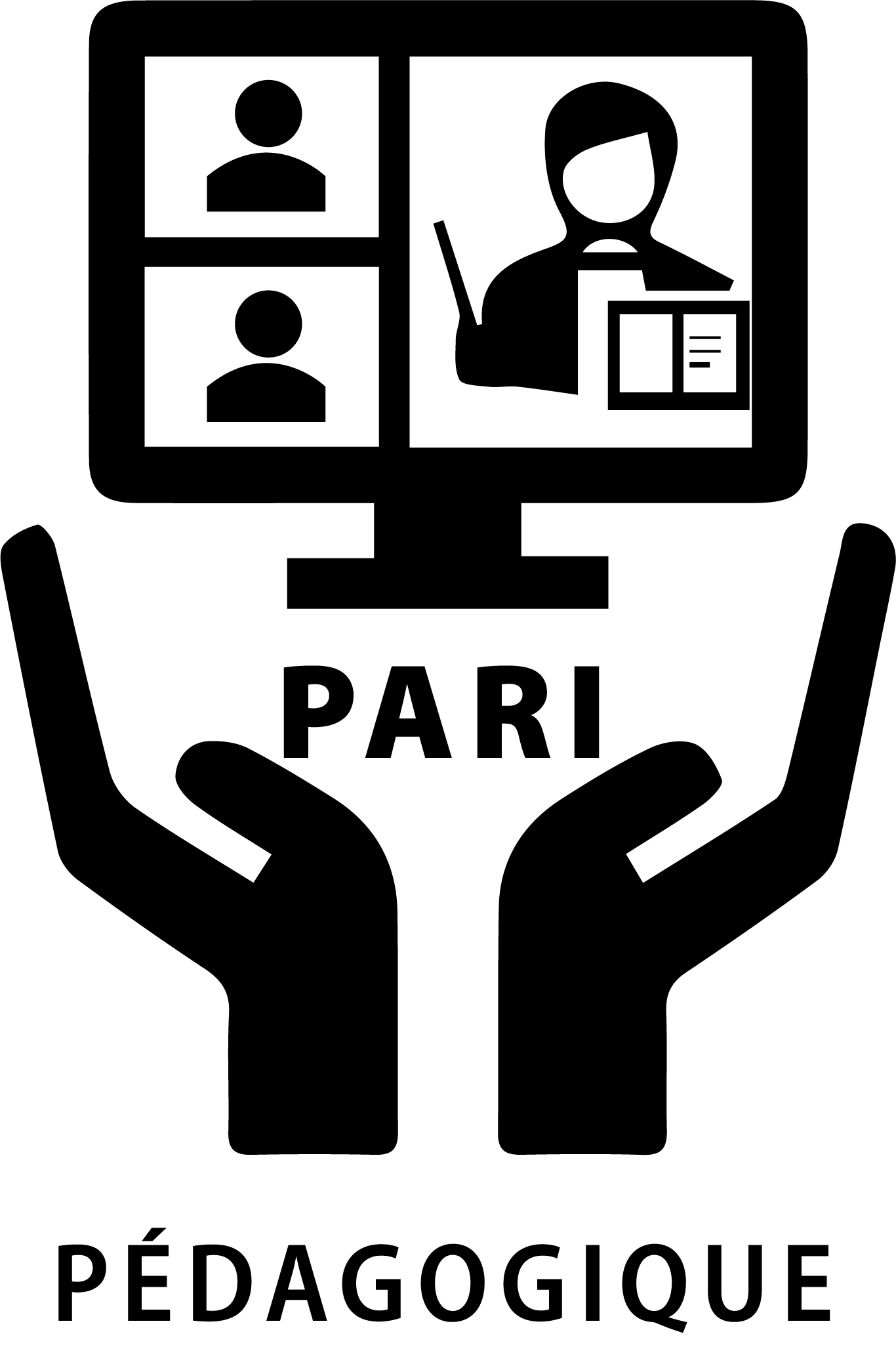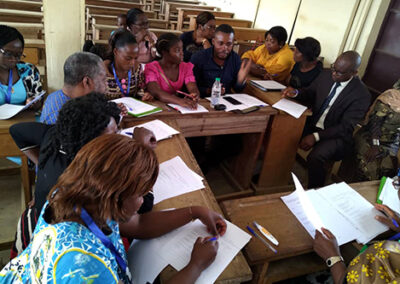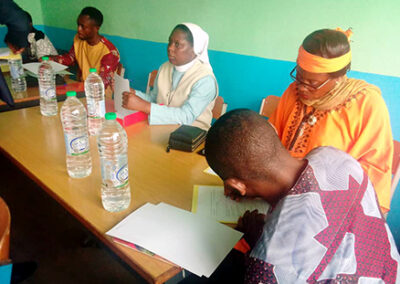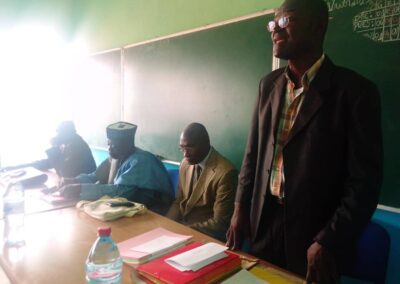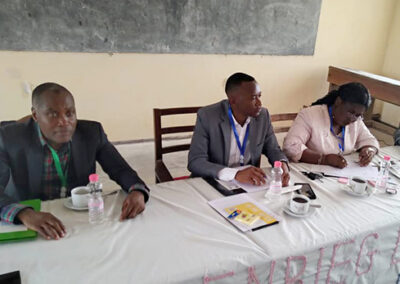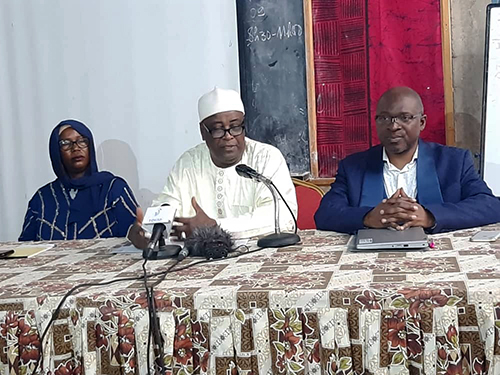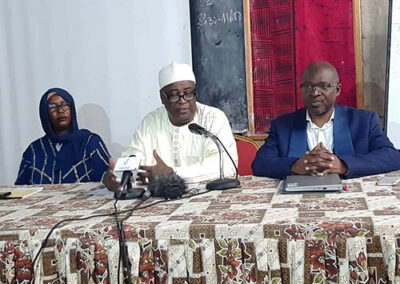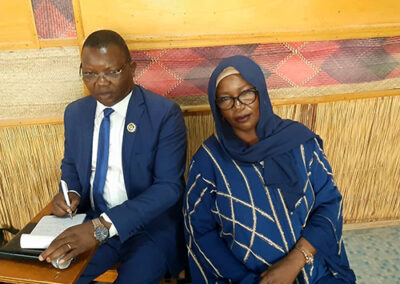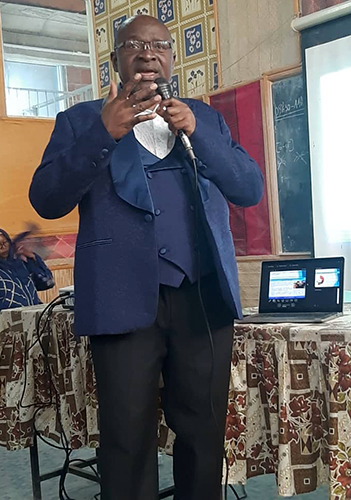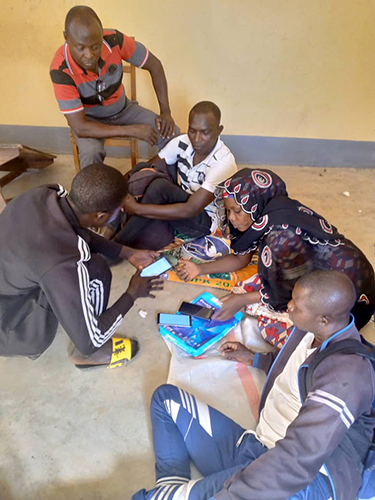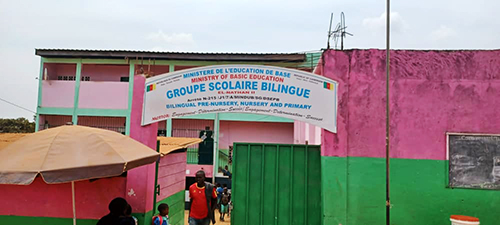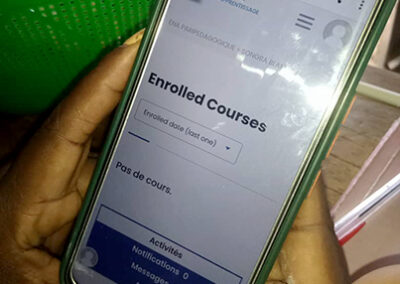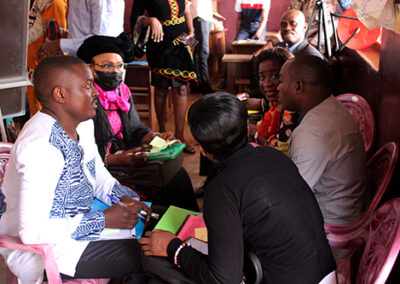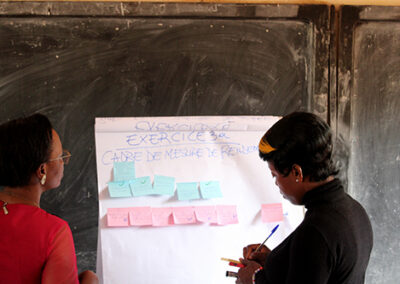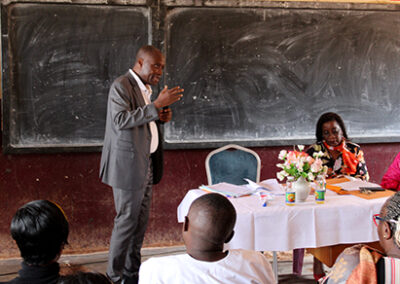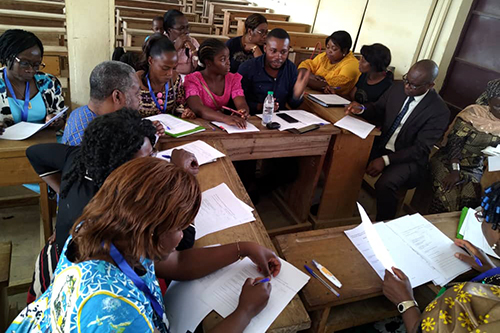
DATA COLLECTION MISSION FOR THE DEVELOPMENT OF A PROXIMITY SUPERVISION MODEL IN A DIGITAL LEARNING ENVIRONMENT
A mission to collect data for the development and validation of a model of proximity supervision of teachers and school principals was held from February 23 to 25, 2023, in Yaoundé, Ebolowa and Abong-Mbang. This mission was inspired by a study of supervision experiences and the construction of a supervision model. The objective of this activity was to draw up a portrait of pedagogical supervision and teacher support practices as part of a needs analysis for an action-research project on digital learning environments (DLE).
This included:
- Defining a model for close supervision of teachers and school leaders;
- Building the supervision model from a study of teachers’ and principals’ experiences
